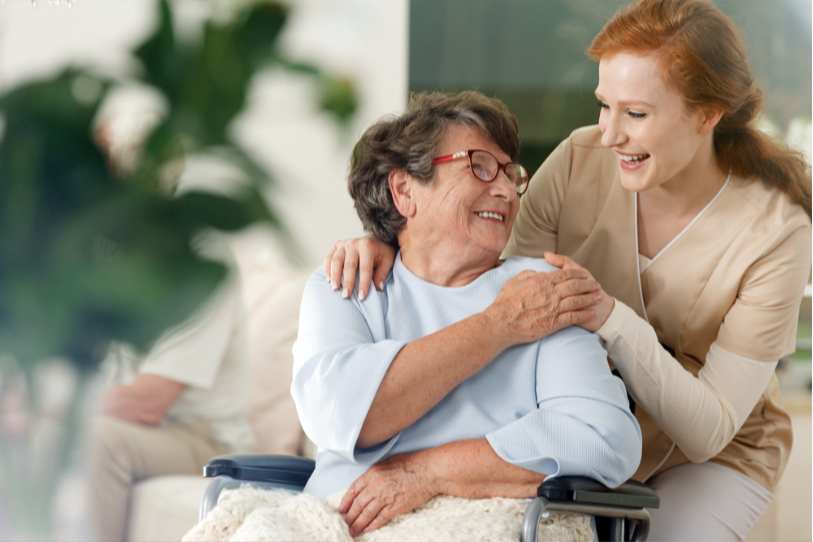After Completion of Radiation Therapy
Upon completion of radiation therapy at the American Oncology Institute, a comprehensive approach is adopted to support your ongoing recovery and address any potential side effects. Here’s what typically happens:
a. Follow-Up Appointments:
- You will have scheduled follow-up appointments with your AOI Consultant (Radiation Oncologist) to monitor your recovery and assess the effectiveness of the treatment.
- These appointments may include physical exams, imaging tests, and blood tests to check for any signs of cancer recurrence or progression.
b. Managing Side Effects:
- Side effects from radiation therapy can continue for some time after treatment ends. The team at AOI will provide guidance on managing these side effects, which may include skin changes, fatigue, nausea, and other symptoms specific to the area treated.
- Your doctor may prescribe medications or recommend over-the-counter remedies to help alleviate side effects.
c. Recovery and Self-Care:
- It’s important to follow a self-care routine to support your recovery. This may include getting plenty of rest, maintaining a balanced diet, and staying hydrated.
- Gentle exercise, as recommended by your treating AOI doctor, can help improve your energy levels and overall well-being.
- Skin care is crucial if you experienced skin irritation during treatment. Use mild soaps, avoid harsh chemicals, and protect your skin from the sun.
d. Monitoring for Long-Term Effects:
- Some side effects of radiation therapy can appear months or even years after treatment. AOI Oncology team will discuss potential long-term effects and what symptoms to watch for.
- Regular follow-up visits are important for monitoring your health and catching any long-term effects early.
e. Emotional and Psychological Support:
- Completing radiation therapy can be an emotional experience. It’s normal to have mixed feelings, including relief, anxiety, or uncertainty about the future.
- Consider seeking support from counselors, support groups, or mental health professionals to help you navigate these emotions.
f. Lifestyle and Health Maintenance:
- Adopting a healthy lifestyle can aid in your recovery and overall well-being. This includes eating a nutritious diet, engaging in regular physical activity, avoiding smoking, and limiting alcohol consumption.
- Stay vigilant about any new symptoms or changes in your health and report them to your AOI consultant promptly.
g. Continuing Cancer Care:
- Depending on your type of cancer and overall treatment plan, you may need additional treatments such as chemotherapy, hormone therapy, or targeted therapy.
- AOI oncology team will provide a comprehensive plan for your ongoing care and any further treatments needed to manage your condition.
